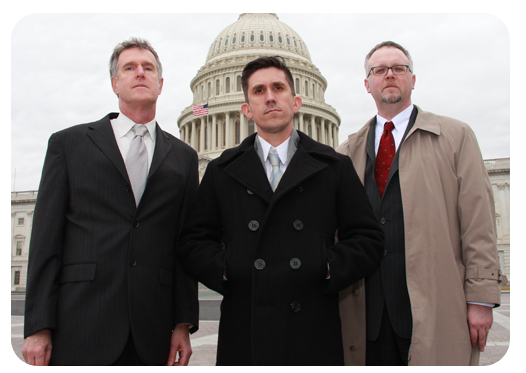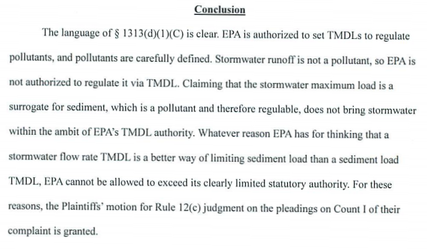
You may have heard of the Smart Grid. The Department of Energy is trying to roll this out. Some elements are beneficial, such as automated Smart Meters, which allows the power company to read the meters remotely, without having to send someone walking up to each subscriber's house to read the meter directly. Features to manage generation capacity, and route power automatically is a plus. It saves energy and improves efficiency.
A key feature of the smart grid is automation technology that lets the utility adjust and control each individual device or millions of devices from a central location. ~ DOE Website
In short, giving government the ability to control our thermostats, our dish washers, our laundry machines, etc. centrally, remotely. That's what oppression is all about, Charlie Brown. You wouldn't willingly allow government agents into your house to set your thermostat, but the effect is the same. The only reason they're not doing that now is that our appliances haven't been fitted with "the other half" of the wireless equipment needed to control them. Watch for "Energy Star" appliances in the coming years that take the ability to control it from you, and give it to government. The front panel controls will allow you to make "suggestions" to your appliance. The real control will be at the central office.
And listen to her daddy's song, we believe that we can't be wrong
Ohhh we believe that we can't be wrong ~ Paul McCartney
We received an email about how smart meters have caused health problems where they have been installed. This is the same stuff we hear about cell phones, and Wi-Fi (it all uses similar wireless technology). An important scientific principle is, "correlation does not imply causation". In other words, it may be merely coincidence. There is no theoretical reason to believe smart meters cause this any more than cell phones and Wi-Fi do, and there is no controlled scientific study that I am aware of that would confirm or deny it (just like global warming). We have a smart meter on our house, and we have no health problems due to it, but again, it is all anecdotal.








 RSS Feed
RSS Feed
